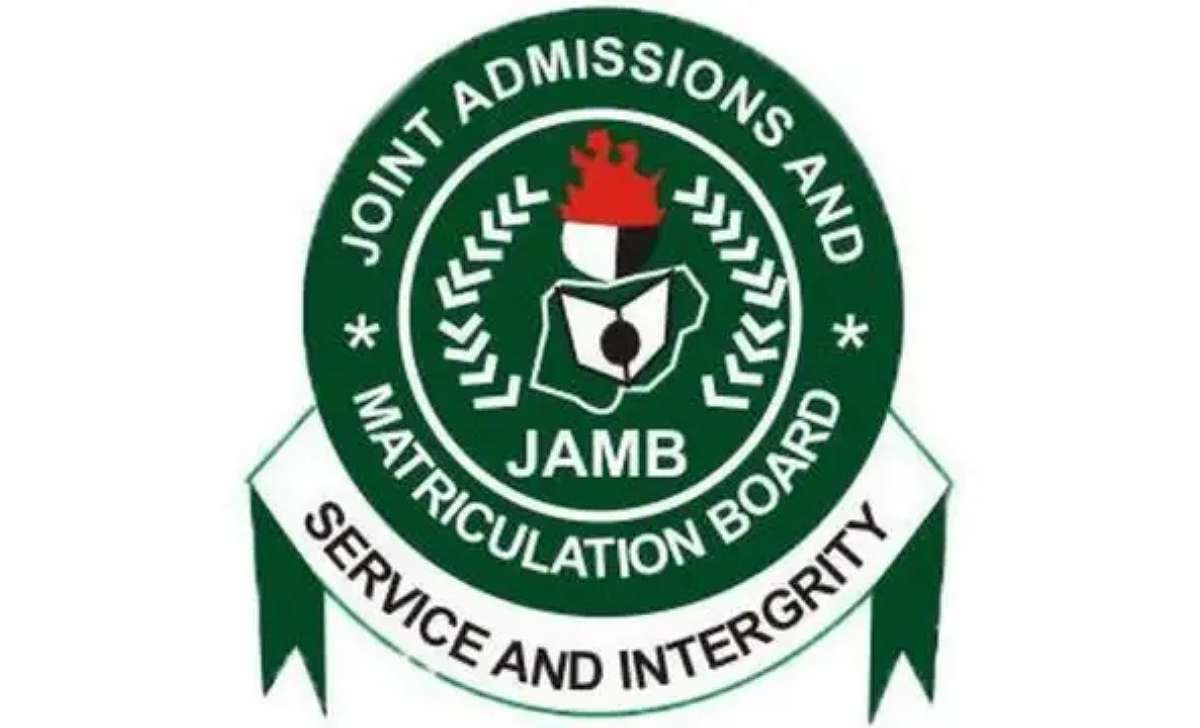Having a clear understanding of the syllabus and areas of concentration is key to acing this subject. In this blog post, I’ll walk you through all the essential topics you need to focus on, breaking them down in simple terms to make your study journey easier.
Why Focus on the JAMB Syllabus?
Before we get into the specific areas of concentration, let’s talk about why the JAMB syllabus is important. The syllabus outlines exactly what the examiners expect you to know, saving you from wasting time on irrelevant topics.
By focusing on the right areas, you increase your chances of scoring higher and making your dream course a reality.
Areas of Concentration for Agricultural Science 2025/2026
1. General Agriculture
- What agriculture means: Learn about its scope, including crop production, animal husbandry, forestry, and fisheries.
- Importance of agriculture: Study how it contributes to food security, job creation, and raw material supply for industries.
- Agricultural Ecology: Understand how climate, soil types, and vegetation zones affect farming.
- History of agriculture in Nigeria: Know about traditional practices like shifting cultivation and the role of institutions like IITA in advancing agriculture.
2. Soil Science and Agronomy
- Types of soil: Sandy, loamy, and clay soils, and their suitability for different crops.
- Soil fertility: Learn how to improve fertility using organic and inorganic methods.
- Soil conservation techniques: Techniques like terracing, mulching, and crop rotation are crucial.
- Tillage practices: Understand when and how to plow land for planting.
3. Crop Production
- Cereals: Rice, maize, millet, etc.
- Tubers: Cassava, yam, and sweet potato.
- Vegetables and fruits: Tomato, okra, orange, banana.
- Pests and diseases: Know how to identify and control common pests and crop diseases.
4. Animal Husbandry
- Types of livestock: Cattle, goats, poultry, and their characteristics.
- Feeding: Study balanced diets for animals and types of feed.
- Reproduction: Learn about breeding techniques and livestock care.
- Common diseases: Understand prevention and treatment methods for diseases like foot-and-mouth disease.
5. Agricultural Economics
- Factors of production: Land, labor, capital, and management.
- Farm budgeting: Learn how farmers plan and manage resources.
- Marketing: Study the process of selling farm produce and the challenges faced.
- Extension services: Understand how agricultural officers assist farmers.
6. Farm Tools and Machinery
- Simple tools: Hoes, cutlasses, rakes, and their maintenance.
- Machinery: Tractors, planters, and harvesters – focus on their uses and care.
7. Fisheries and Wildlife Management
- Fish farming: How to rear fish in ponds and manage water bodies.
- Wildlife conservation: Study why and how wildlife is preserved.
8. Apiculture (Bee-keeping)
- Types of bees: Learn about honeybees and their behavior.
- Bee-keeping practices: Study hive management and honey production processes.
How to Use This Guide Effectively
Here are some tips to help you get the most out of this guide:
- Create a study plan: Break down these topics and allocate time to each one.
- Practice past questions: Familiarize yourself with how JAMB sets its questions.
- Use textbooks and resources: The JAMB-recommended textbook is a must-read.
If you found this guide helpful, don’t forget to share it with friends preparing for JAMB too. Best of luck with your exams.
Got questions or need further tips? Drop them in the comments below, and I’ll be happy to help.
